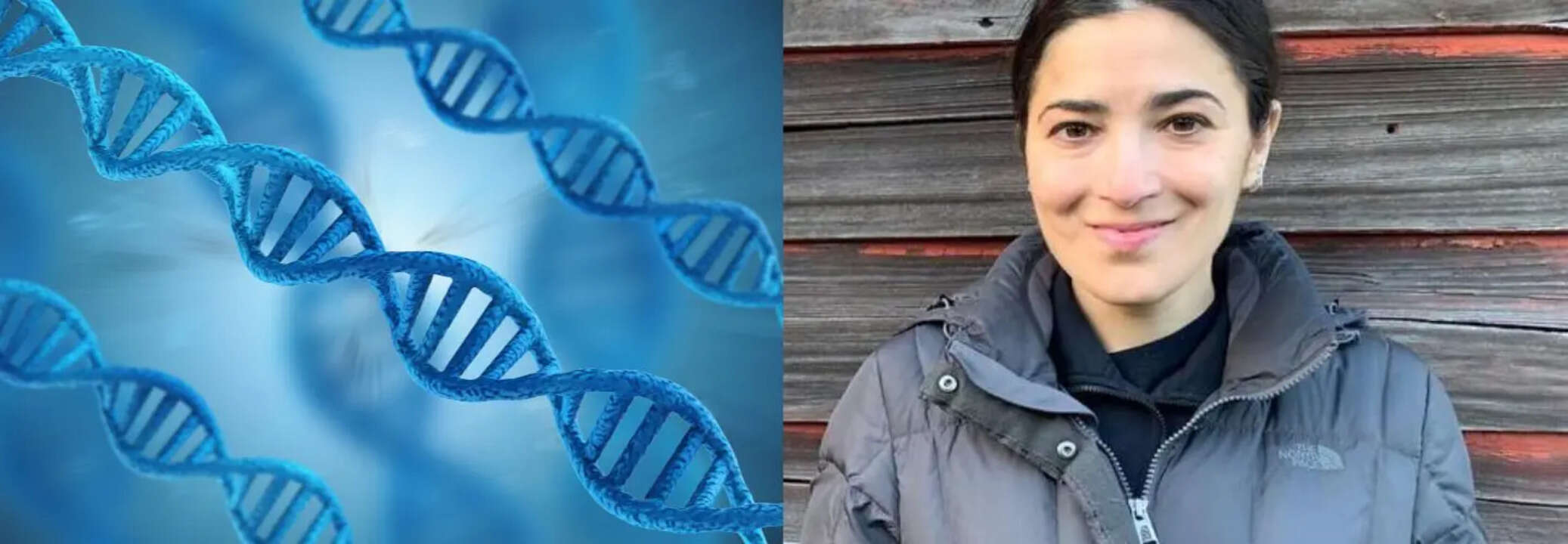Living With A Rare Genetic Mutation: Advanced Cystic Fibrosis

Credits: Canva and (R) Emily Kramer-Golinkoff (AP)
SummaryBattling a rare mutation of cystic fibrosis, Emily Kramer-Golinkoff fights for her life — and for gene therapies that offer hope to countless patients left behind.
End of Article
